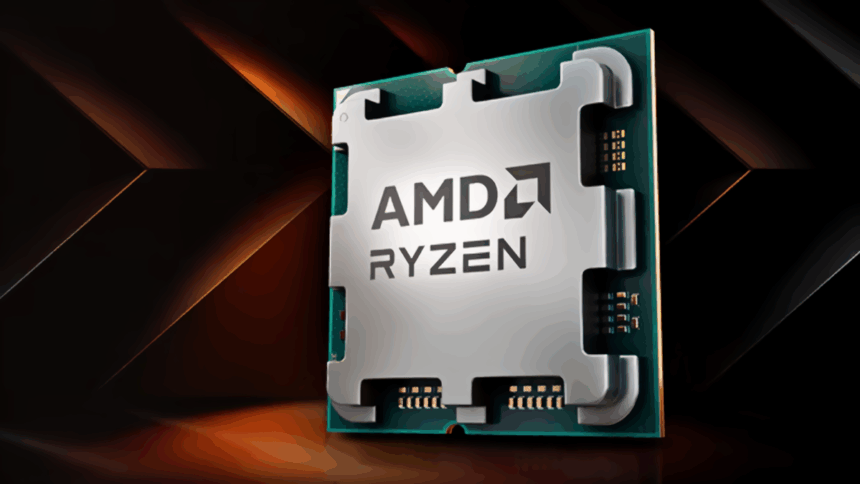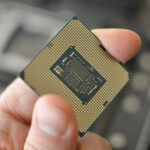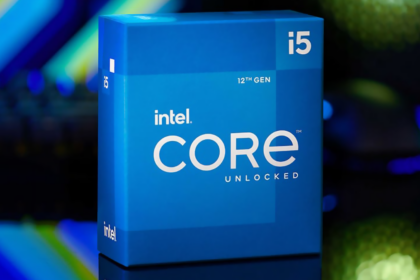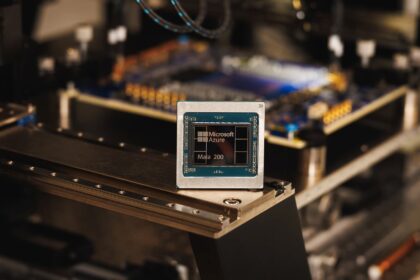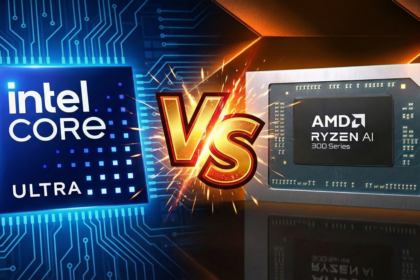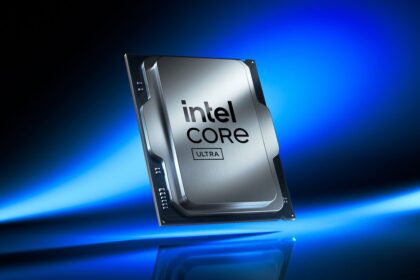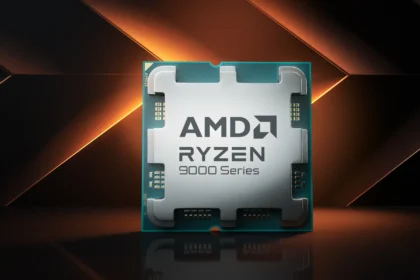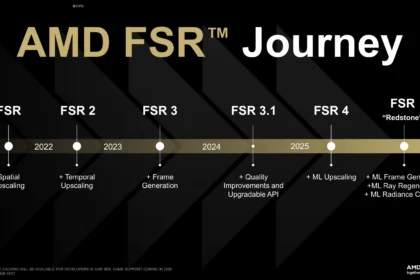AMD’s Ryzen 9000 series, powered by the Zen 5 architecture, has been available for approximately a year. While the company has yet to make an official public announcement about its successor, recent information confirms what many enthusiasts have been waiting for — Zen 6 is real, and it’s coming under the codename “Medusa”, with a planned launch in 2027.
Confirmation During the OCP Global Summit 2025
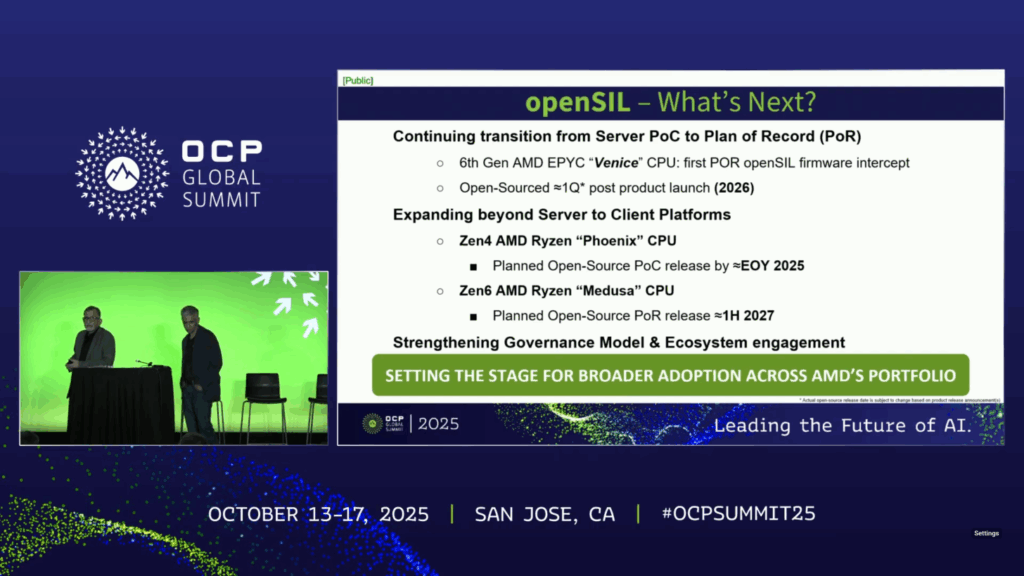
At the OCP Global Summit 2025, AMD executives Raj Kapoor and Srini Narayana from the company’s firmware division discussed upcoming technologies, including openSIL, a next-generation firmware framework that will eventually replace the well-known AGESA system used in AMD motherboards today.
According to a slide shown during their presentation, openSIL is expected to be introduced in the upcoming EPYC “Venice” server processors, scheduled for release in Q1 2026. The roadmap also clearly lists the Ryzen Zen 6 series as the next major consumer platform, with a debut slated for the first half of 2027.
What We Know About Ryzen Zen 6
While AMD has not yet disclosed official specifications, several reliable leaks and industry sources have provided early details about what to expect from the Zen 6 architecture.
The most significant leap will likely come from the transition to TSMC’s N2P (2nm) manufacturing process for the Core Complex Dies (CCDs) — a major advance over Zen 5’s 4nm process. This improvement will enable higher transistor density, better efficiency, and the potential for substantial performance gains.
One of the most exciting rumours is that Zen 6 could increase the number of cores per CCD for the first time in Ryzen’s desktop history. The current Zen 5 design supports 8 cores per CCD, but Zen 6 may push that number to 12 cores per CCD, representing a 50% increase in core density.
In tandem, the L3 cache is expected to scale accordingly — potentially expanding from 32 MB to 48 MB per CCD, even before the addition of any 3D V-Cache technology. With these improvements, AMD is targeting not only multi-threaded efficiency but also a massive uplift in gaming and creative workloads.
Higher Clocks and Efficiency
Thanks to TSMC’s refined 2nm process, Zen 6 chips may also achieve clock speeds surpassing 7 GHz under factory boost conditions — something no mainstream desktop CPU has done so far. If these projections hold true, Zen 6 could redefine AMD’s position in both the enthusiast gaming and professional workstation markets.
One of AMD’s strongest commitments has been long-term platform compatibility, and Zen 6 seems set to uphold that tradition. Several major motherboard manufacturers, including ASUS and ASRock, have already confirmed that their B850 chipset boards will support Zen 6 CPUs.
This strongly suggests that Zen 6 will continue using the AM5 socket, allowing current users to upgrade without changing their entire platform — a move that contrasts sharply with Intel’s frequent socket changes.
- Codename: Medusa
- Architecture: Zen 6
- Launch Window: First half of 2027
- Process Node: TSMC N2P (2nm)
- Core Configuration: Up to 12 cores per CCD
- Cache: Up to 48 MB L3 (without 3D V-Cache)
- Clock Speeds: Potentially exceeding 7 GHz
- Socket Compatibility: AM5 confirmed by major motherboard vendors
If AMD maintains its roadmap, Zen 6, codenamed “Medusa,” is expected to arrive in early 2027, delivering a new architectural leap that could push performance boundaries once again. Between the new 2nm process, expanded core counts, larger caches, and backward compatibility, Zen 6 is shaping up to be one of AMD’s most ambitious CPU generations yet — signalling the company’s intention to remain a dominant force in the desktop and server markets alike.

